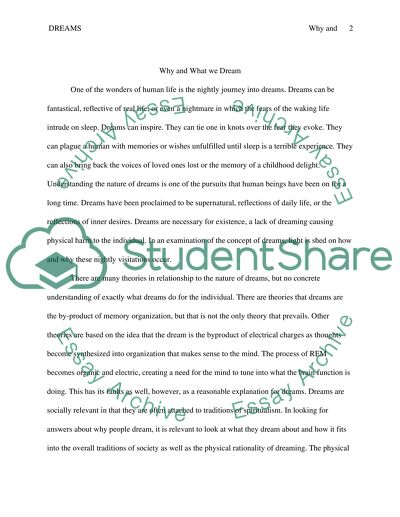Cite this document
(“Dreams (why do we dream and what do we dream about) Research Paper”, n.d.)
Dreams (why do we dream and what do we dream about) Research Paper. Retrieved from https://studentshare.org/psychology/1457044-dreams-why-do-we-dream-and-what-do-we-dream-about
Dreams (why do we dream and what do we dream about) Research Paper. Retrieved from https://studentshare.org/psychology/1457044-dreams-why-do-we-dream-and-what-do-we-dream-about
(Dreams (why Do We Dream and What Do We Dream About) Research Paper)
Dreams (why Do We Dream and What Do We Dream About) Research Paper. https://studentshare.org/psychology/1457044-dreams-why-do-we-dream-and-what-do-we-dream-about.
Dreams (why Do We Dream and What Do We Dream About) Research Paper. https://studentshare.org/psychology/1457044-dreams-why-do-we-dream-and-what-do-we-dream-about.
“Dreams (why Do We Dream and What Do We Dream About) Research Paper”, n.d. https://studentshare.org/psychology/1457044-dreams-why-do-we-dream-and-what-do-we-dream-about.


